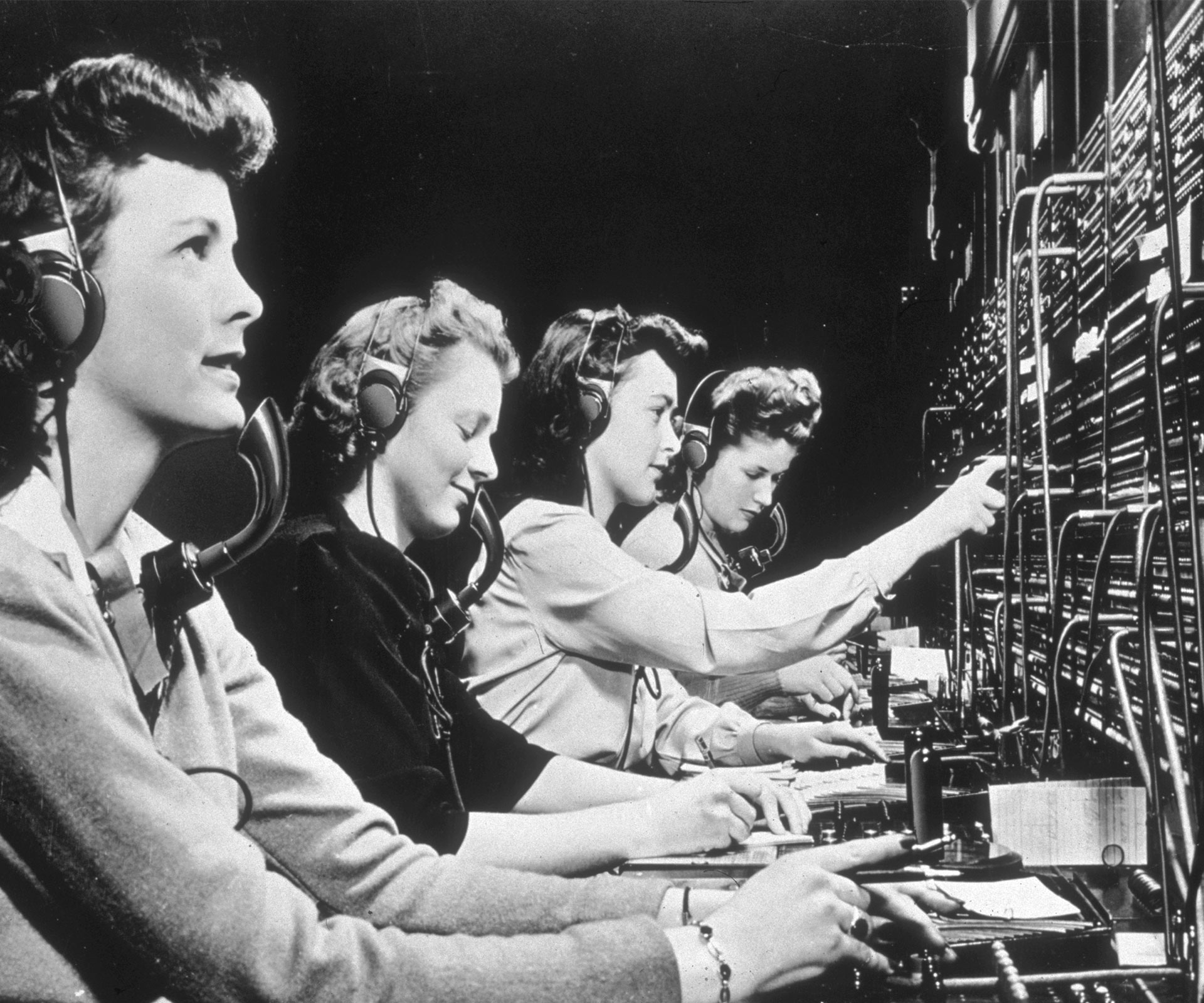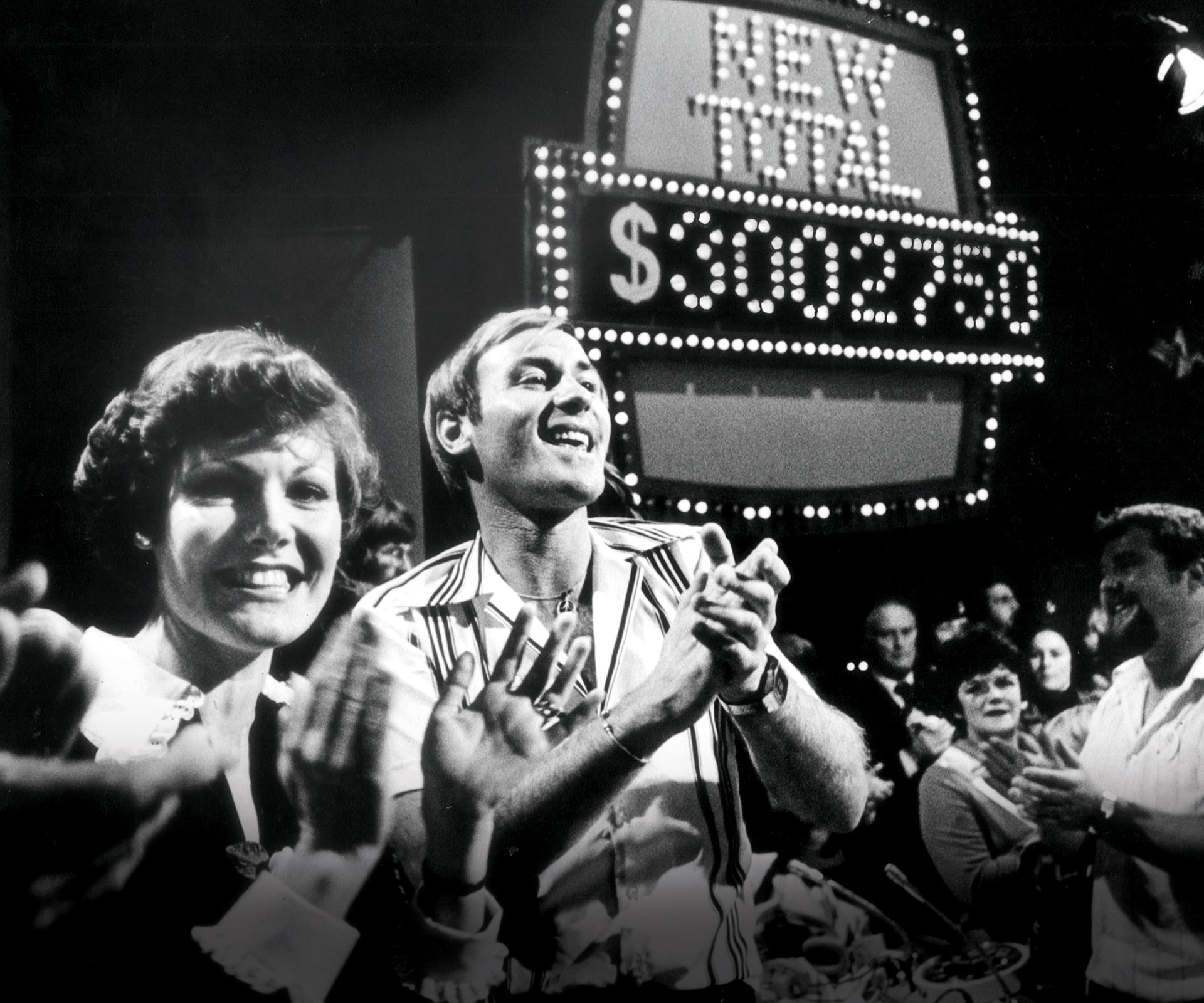Everyone knows today’s phones are things of wonder, but unless you were born before 1980, you probably have no idea how far phone technology has come or how low the starting point was.
The telecoms market used to be tightly controlled by the Post Office, of all entities. The sort of phone you could have was limited. The kind of calls you could make were few. The quality was erratic.
The freeing up of the telecommunications market resulted in more and better services. Technology also led to huge improvements. Until the mid-1970s, for instance, all toll calls – domestic and international – had to be made using an operator. In 1975, STD (subscriber toll dialling) was introduced for local calls, and not long after that for international calls.
In the 1960s, toll calls had to be booked far in advance – to those few countries where they were available – and elaborate arrangements were made at each end for everyone to be in the right place, at the right time, for the communication to take place. If you could call it “communication”, when quality was so bad that up to half the call consisted of “What?” and “Can you hear – no I can hear you, can you hear – no…”
The primitive system required all sorts of special features. For a fee, person-to-person calls allowed you to nominate the person at the other end of the line with whom you wished to speak. If Sally answered the phone and you wanted to speak to Dot, you weren’t charged for the expensive connection.
So sensitive an issue was the cost of toll calls that a “price-required” service was also offered. With this, you could make toll calls from a number not your own. At the conclusion, you hung up, and after a while an operator would call back and tell you how much that call had cost so you could reimburse the account holder.
One of the most egregious services offered under the old system was devised for occasions when people failed to hang up their phones after a call. If you tried to ring someone and got a busy signal repeatedly – there were no answering machines, let alone call-waiting signals then – you could ring an operator who would send a noise through that phone which became increasingly loud until the people in the house hung up the receiver.
This was infamously deployed by someone tormenting the ailing Prime Minister Norman Kirk with anonymous menacing messages. Kirk tried to leave the phone off the hook, but could not persuade the telephone service to stop sending down the signal. Theirs was an aggressive one-rule-for-all-no-exceptions policy.
Your columnist worked for a brief time as an international toll operator, an occupation beloved of those with a taste for vicarious experience because (despite strict, job-threatening warnings never to do so) everyone eavesdropped on conversations to an extent that would make the GCSB blush. Affairs, assignations, medical scandals and commercial shenanigans – these were what kept us coming back to work each day.
The more people plugged into a conversation, the worse the sound quality became. So when actor Paul Newman rang a friend in the Cook Islands – calls to that country had to be routed through New Zealand – and one by one everyone in the room plugged themselves in to hear the conversation, the volume deteriorated to the point where nothing could be heard by either party, and the call was abandoned.
Staff attitudes to their work and customers ranged widely. An old-school senior operator one day took over a call in which people had been struggling to make themselves understood across language barriers. Finally, he pulled out the cables in anger and pronounced: “If they can’t speak English, they shouldn’t be trying to make international calls.”
Words by: Paul Little
Photos: Getty Images

